OOOOO look at me I can read.
I set myself a paltry goal of reading 12 books this year, and have quickly realised that goal was cooked up by the part of my brain that sincerely thinks I could play on an NBA team if I just ran up and down avoiding the ball (read the stupid part).
To celebrate me hitting this incredibly underwhelming target, I’ve decided to write a book on the books I have read so far this year, so sit back, relax and be dazzled by me completely missing the point of almost every word I have read over the past 6 months.
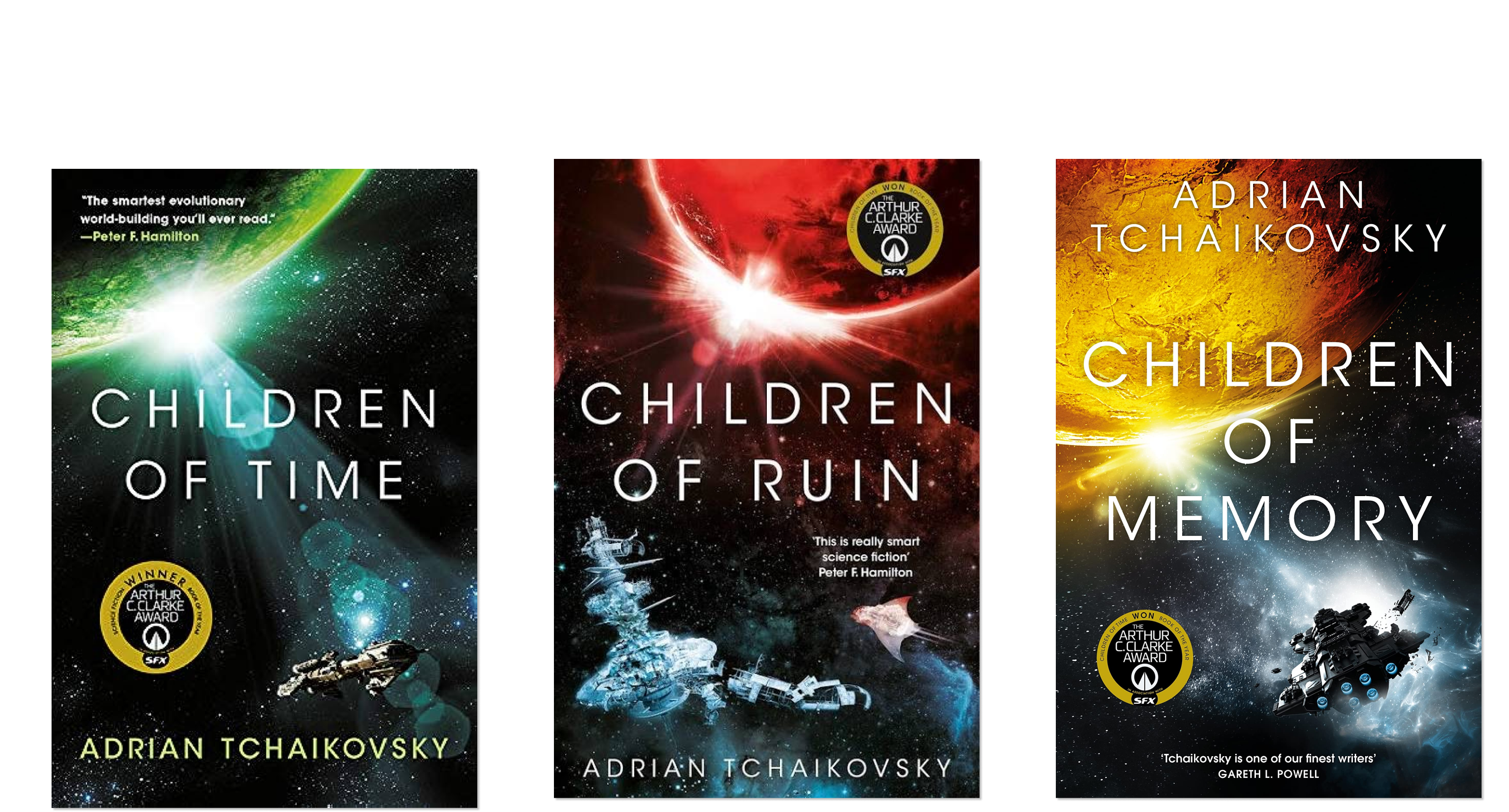
I have a confession to make.
I’m a bad sci-fi nerd.
The reason I’m a bad sci-fi nerd is because I avoid series of books, and pretty much every sci-fi great is part of some series or another that requires you to learn a new language and memorise incredibly complicated lore. My brain is just too full of useless animal facts to fit any of this information in.
However, this year I decided to commit to reading a series, selecting Children of Time as my first ever foray due to the amazing reviews I had seen and my word did it deliver.
Set in a universe where a ragtag group of humans escape a dying earth to investigate the terraformed planets their technologically superior ancestors set up, things go awry when these terraformed planets aren't all uninhabited.
I won’t spoil too much, but this series is an excellent read that kept me hooked the whole way through all three books, and covers a lot of themes like humanity, perseverance, what home means, leadership, what is sentience and the place of life in the cosmos.
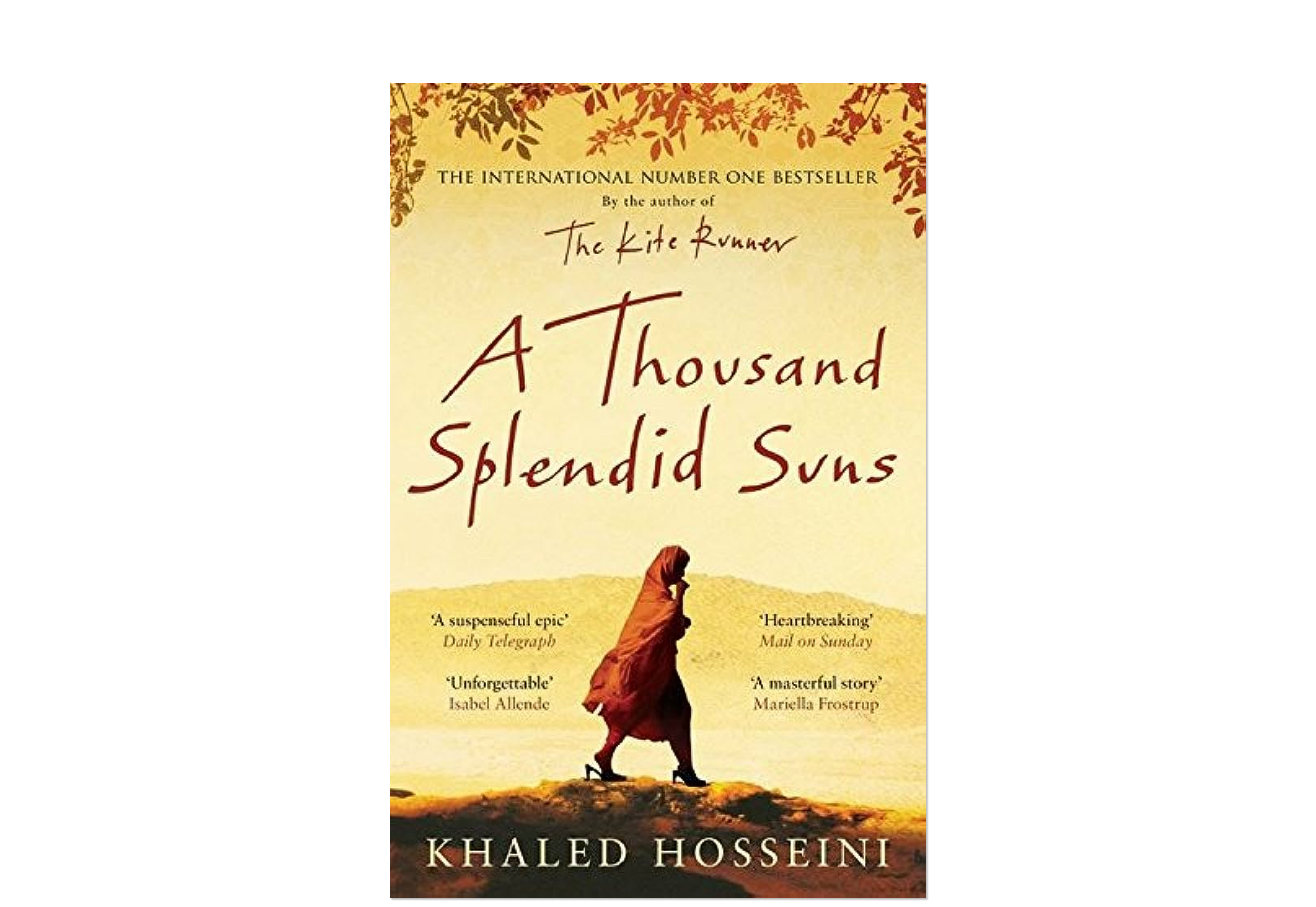
I’m trying this year (and absolutely failing) to not read purely sci-fi or non-fiction, and make sure I branch out into other genres.
My girlfriend has been recommending this book to me for a while and I loved Hosseini’s seminal book The Kiterunner, so naturally this one was a hit with me.
A gut-punch of a book, A Thousand Splendid Suns covers the lives of Miriam and Laila, two women who live in Afghanistan during the Taliban takeover. It can be a tough read at points, with that period of history not being known for its empowerment of women, and told from a woman’s POV, but there is a lot of beauty and nobility to be found in its pages.
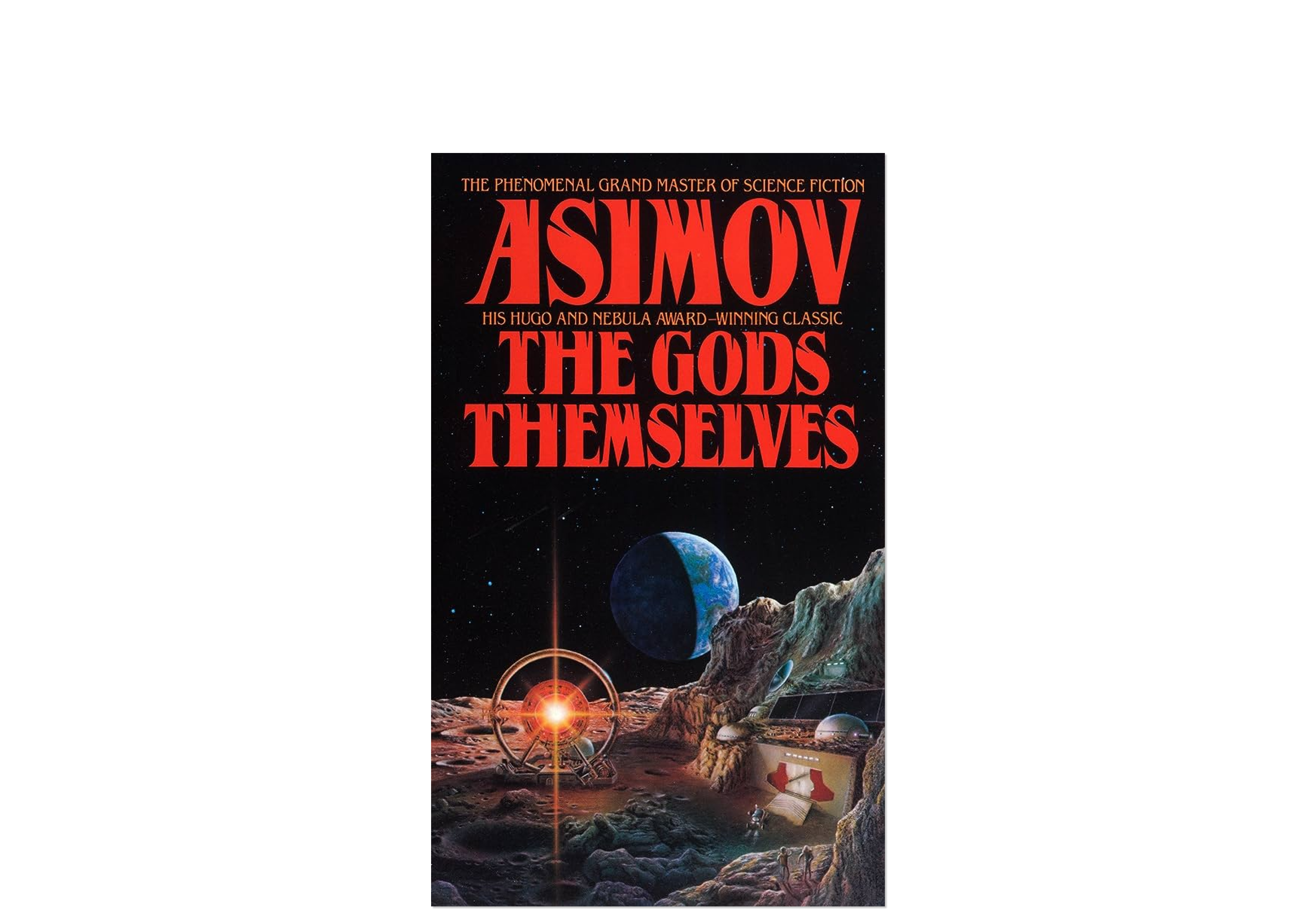
Continuing my confessions of sci-fi fanatic poseurism, I have to admit I haven’t read much Asimov due to my aversion to long-winded series. So when I heard about The Gods Themselves, which is a completely stand alone story, I was instantly intrigued.
The Gods Themselves is set in a world where a scientist makes an accidental discovery that he can “trade” matter with a parallel universe, and a fuel source can be made off the subsequent chemical reaction as the “new” material adjusts to the laws of physics in its new reality. However, this parallel universe is populated with sentient life who have undeciphered intentions for swapping their material to our reality…
This had everything I love about sci-fi in it, a unique story, a basis in some actual believable science, really out there world-building and an examination of human behaviour through the lens of the “other”. The gender parts of the story felt a bit sloppy to me, but to be fair, the writer is Isaac Asimov and I’m Matt Bristow so I’m happy to keep my criticisms brief and vague.
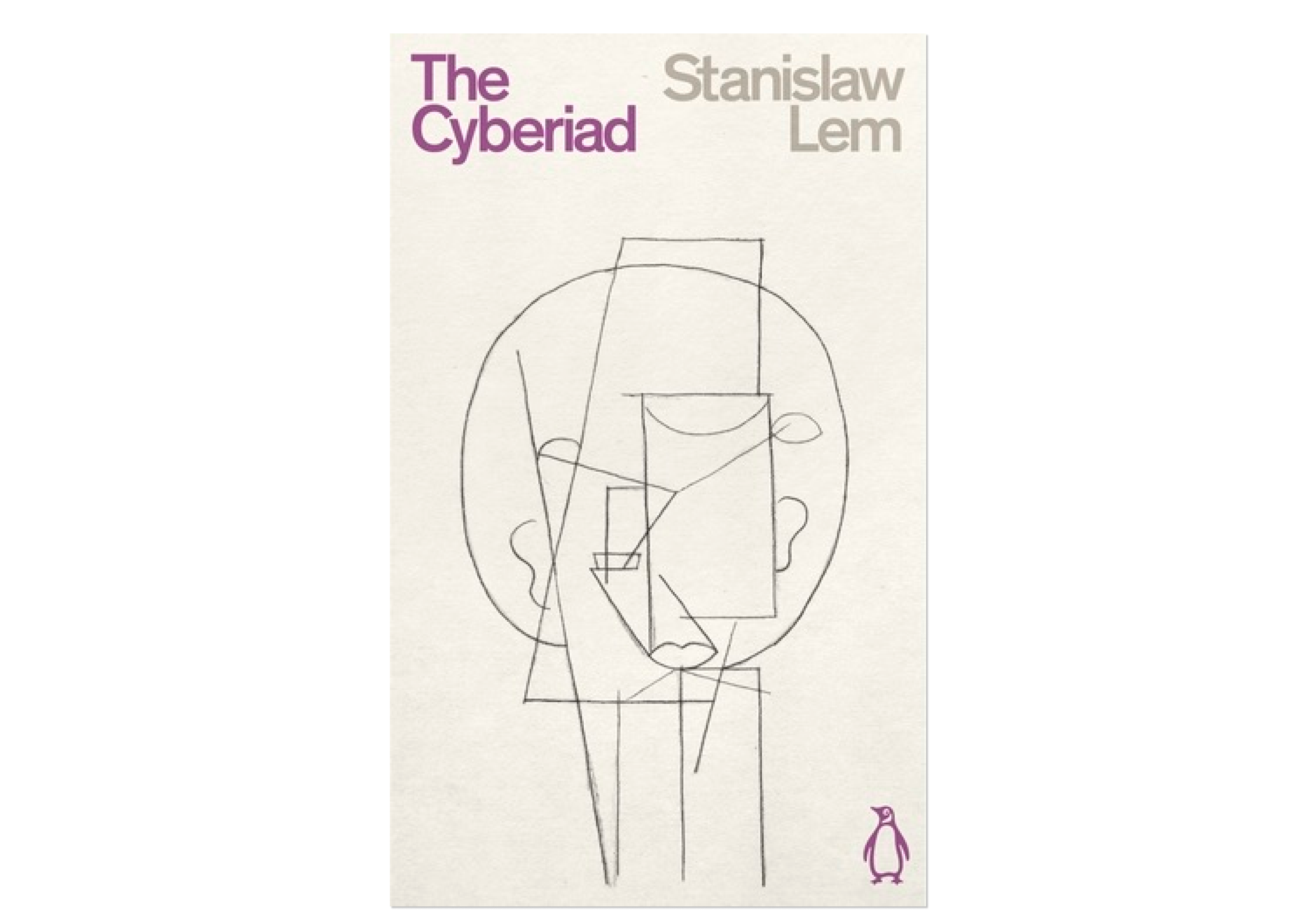
I love an anthology of sci-fi stories, the weirder the better, so the reviews for the Cyberiad (a play on the Iliad) really swung me on this one.
More philosophy/fairy tale than sci-fi I’d say, The Cyberiad is a collection of stories about two automatons, Trurl and Klapaucius, getting into various whacky adventures across space and time.
Dripping with humour and sarcasm, I actually found this one a bit of a slog towards the end as the stories kind of dragged for me. If you like light, nebulous, Aesop-like stories, definitely pick this one up, but if you want a meatier read, give this one a skip or read it alongside another book.
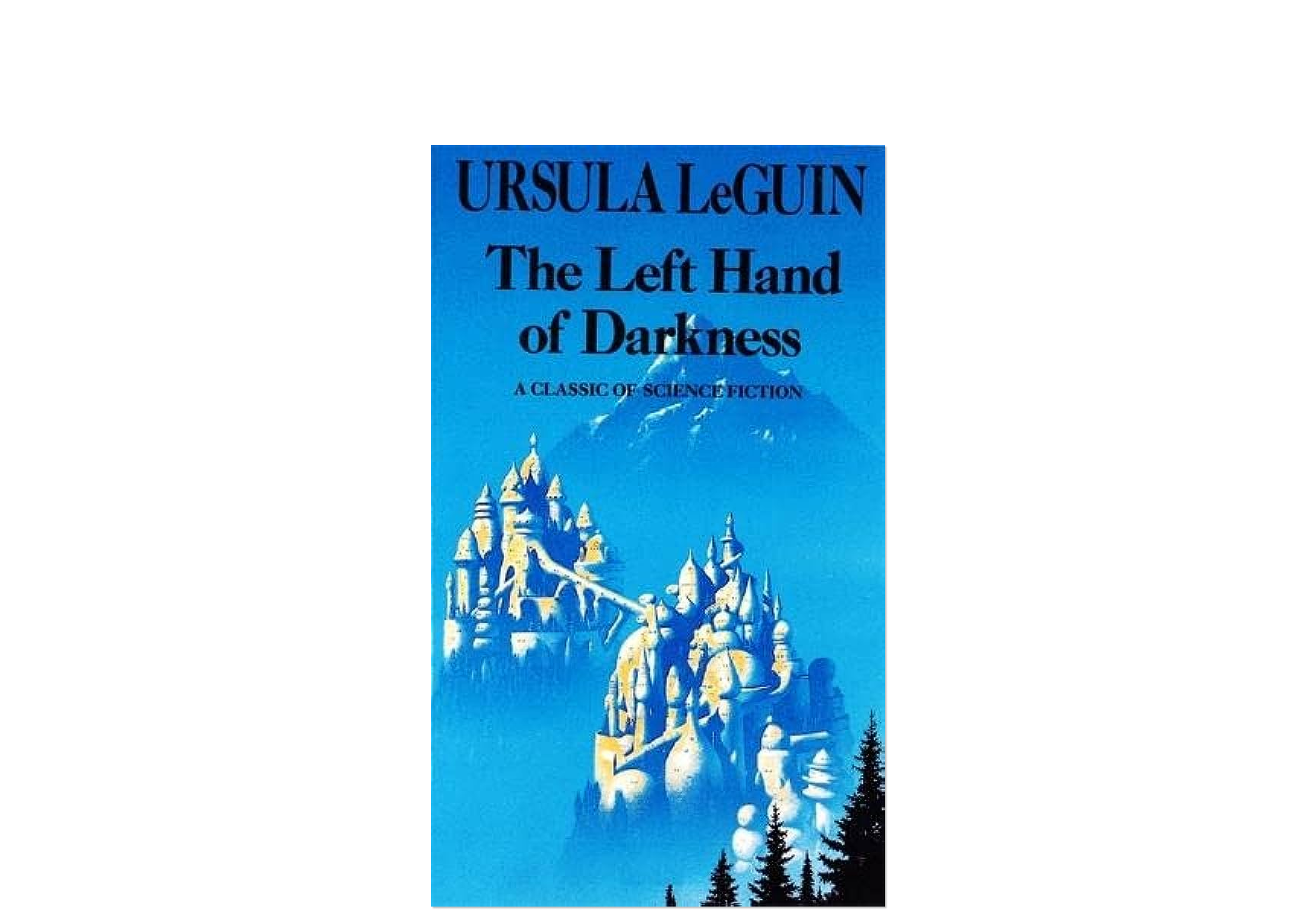
Wow.
This book hit me like a tonne of bricks, and was my first ever foray into Le Guin’s work, and made me regret not reading her entire works the second my frontal cortex developed.
As part of the Hainish Cycle, a collection of stories set in the same universe but without strong ties to each other, The Left Hand of Darkness follows a human called Genly Ai, an emissary from the “Ekumen”, a collection of humanoid worlds, as he makes contact with a world called Gethen, and invites them to join the Ekumen.
The kicker of the planet Gethen is that it is populated by a people who are asexual and androgynous for most of their reproductive cycle, until they become either male or female during their period of fertility, with no fixed gender specification i.e. anyone can become either male or female during this period.
This lack of fixed gender dynamics and its impact on the society is the main theme of the book and makes for an utterly fascinating read as Genly Ai gets more and more entwined in the tense geopolitics of the planet.
My review can be summed down to three words : read this book.
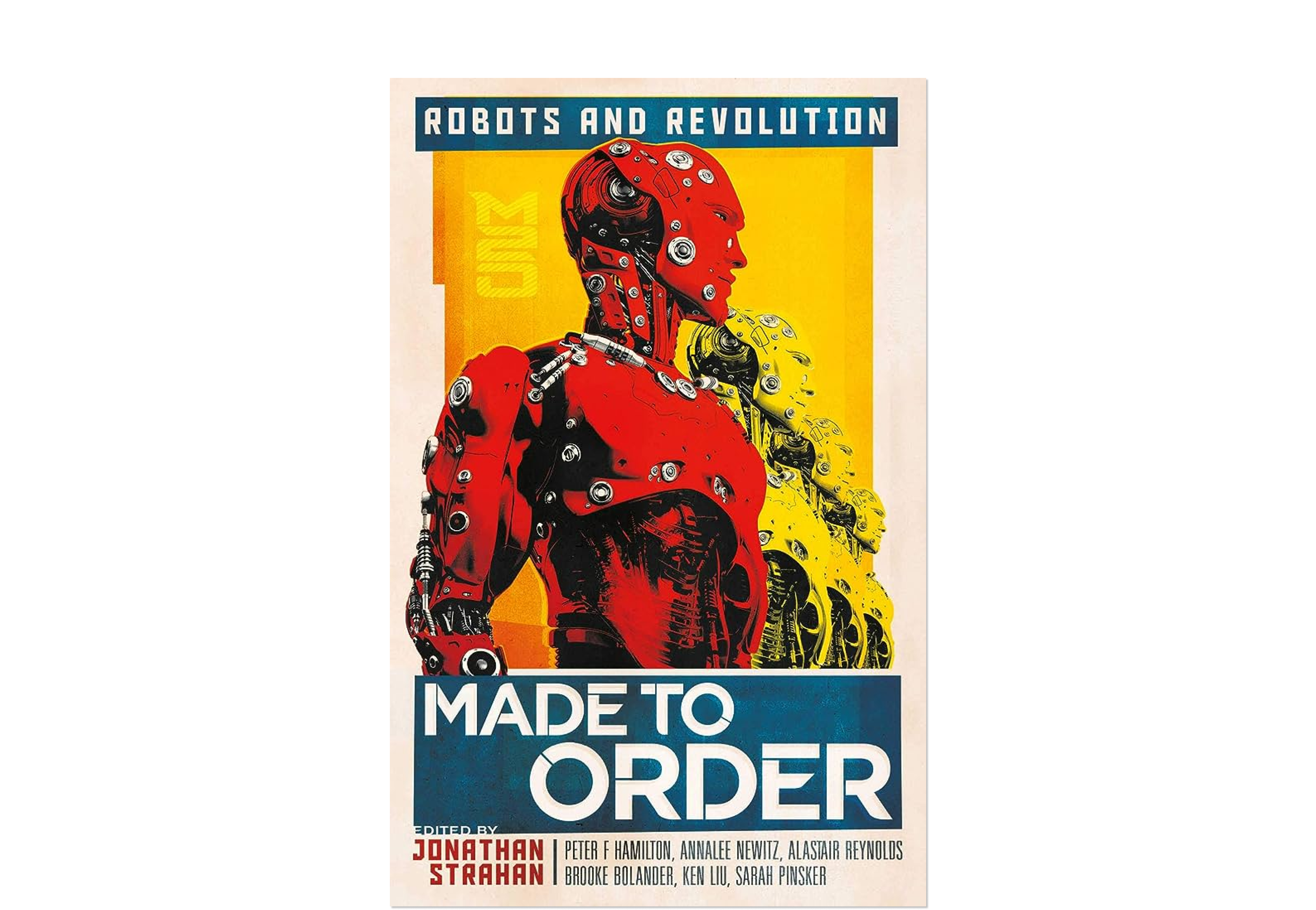
Another anthology, this time all stories about robots as I was having a panic attack about ChatGPT sprouting arms and crushing my head like a grape, and hey, sometimes when you see a fire, you chuck white spirit on it.
Quite hard to review this one, as all the stories are very different, but if you are someone who likes light-hearted sci-fi focusing mainly on robotics you’ll enjoy this. Also one of the stories was the inspiration for an episode of Love, Death and Robots, which you should also definitely check out.
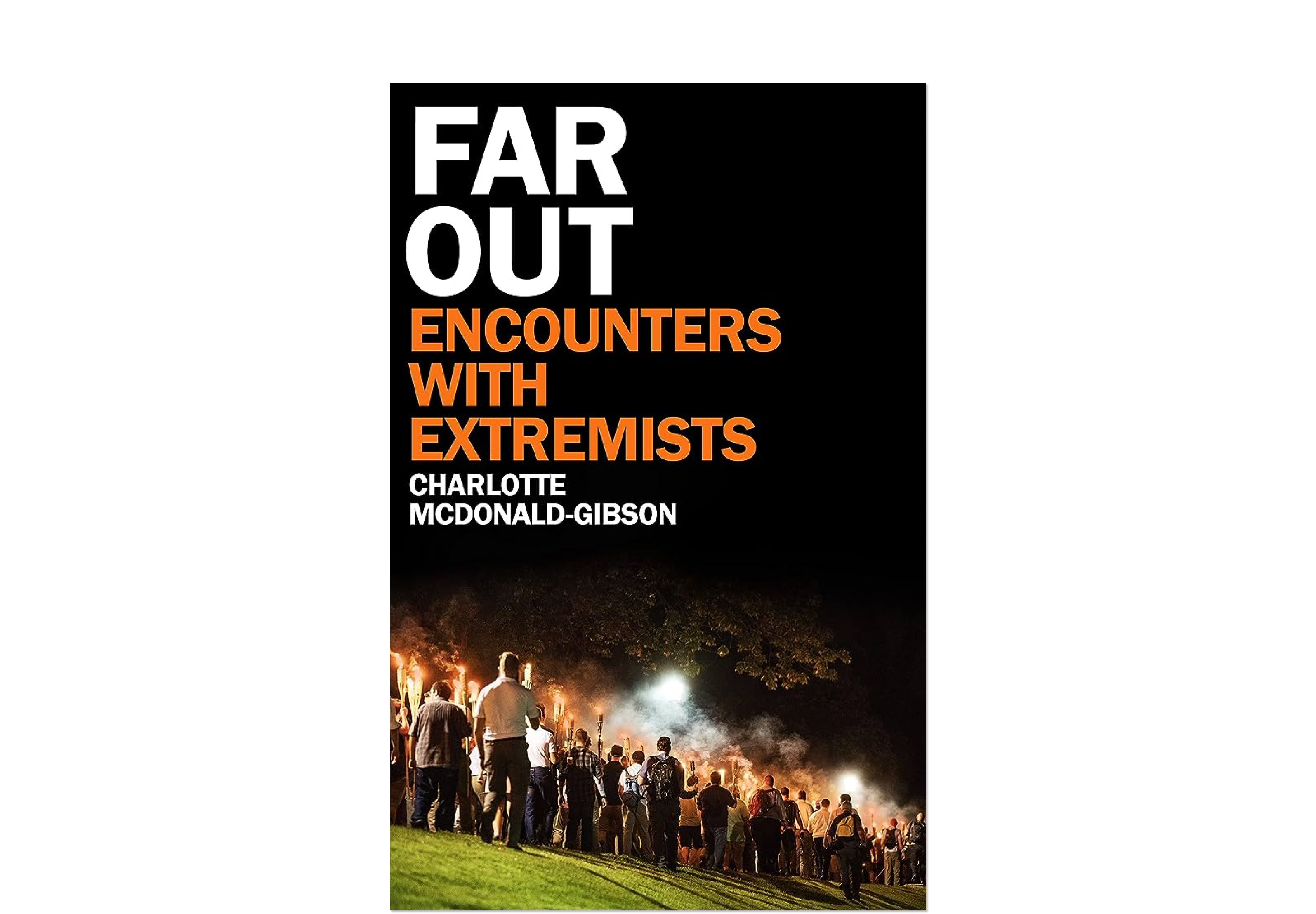
Remember that comment about chucking white spirit on a fire?
Imagine the fire is my burgeoning sense that the entire socio-political system we have built for thousands of years is falling apart into a rapidly polarising landscape that ends with us fighting each other to death whilst the planet provides a suitable backdrop by self-immolating. And the white spirit is reading Instagram comments.
I have been really bummed out recently with the rapid ascension of alt-right beliefs in dear old Blighty and abroad. So I decided to check out this book which aims to delve into the stories of different radicalised people from various different walks of life, across the political spectrum.
I was originally worried that this would be a bit of a “roll up, roll up, look at the freaks” kind of book, but it actually handled radicalisation as it should be, very seriously and with great sensitivity, and took great care to examine radicalisation across the political spectrum.
It was really eye opening to hear both first-hand accounts from people who had been radicalised about their journeys and also how in one case, my old stomping ground of Brighton failed to prevent the radicalisation of young people despite positioning itself as a very liberal city.
If you get frustrated by radicalisation or certain beliefs, I will say that this book may be a tad triggering, but honestly I felt it was right to face it head on and try and understand deeper what has been going on in the world.
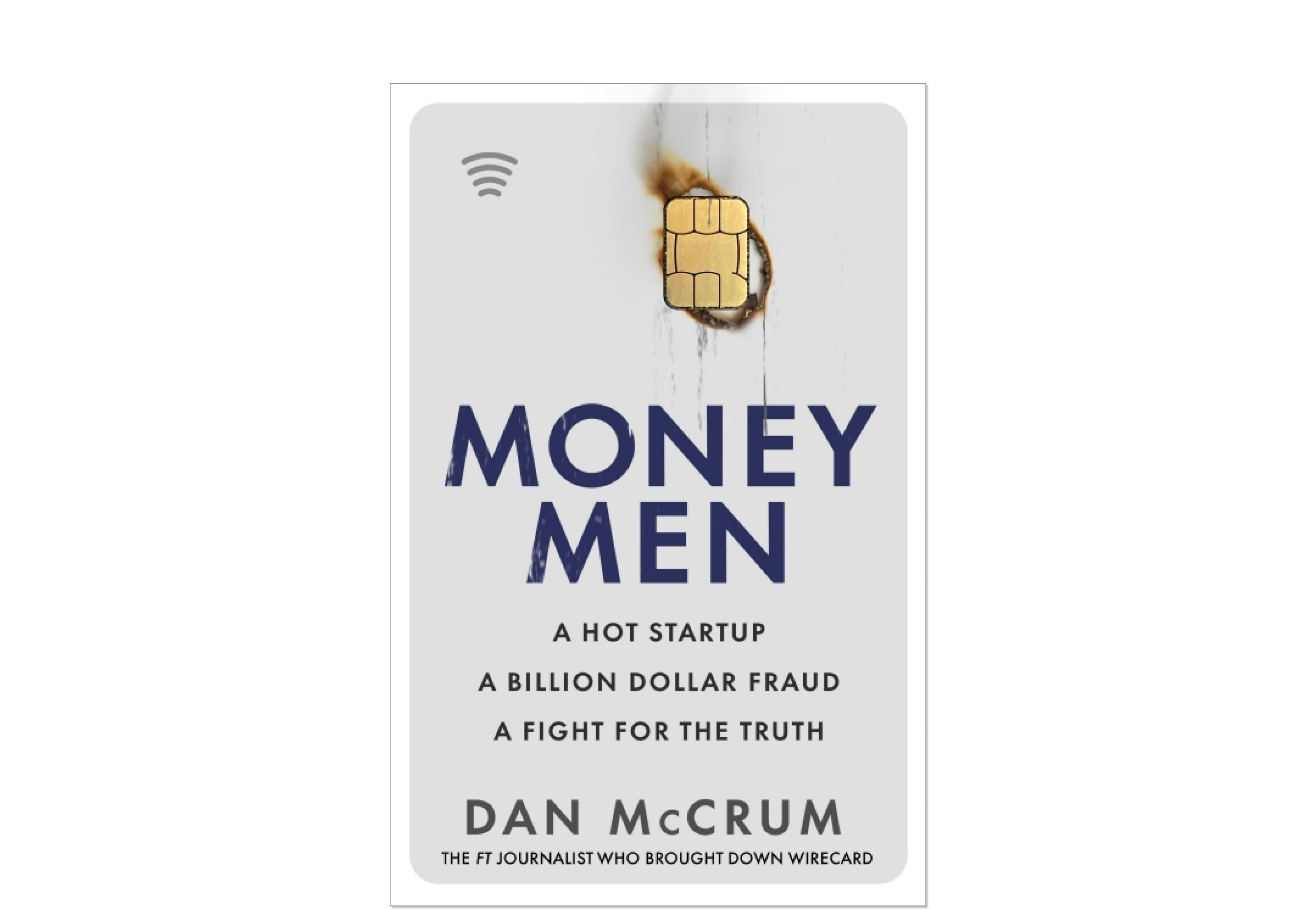
After braving through the misogyny-and-xenophobia on toast of my last book, I decided to treat myself to an amuse bouche of corporate wire fraud, with the story of Wirecard, the $30 billion tech company/bank/money laundering operation that crashed into the side of a mountain.
I can’t explain why I love reading stories like this so much. I think it is the bare-faced cheek of it all. I feel bad if I take one too many biscuits from the office smorgasbord, so I cannot fathom how people mess around with billion dollar frauds. If you enjoyed reading about the Elizabeth Holmes/Theranos tire fire, then definitely check this book out next.
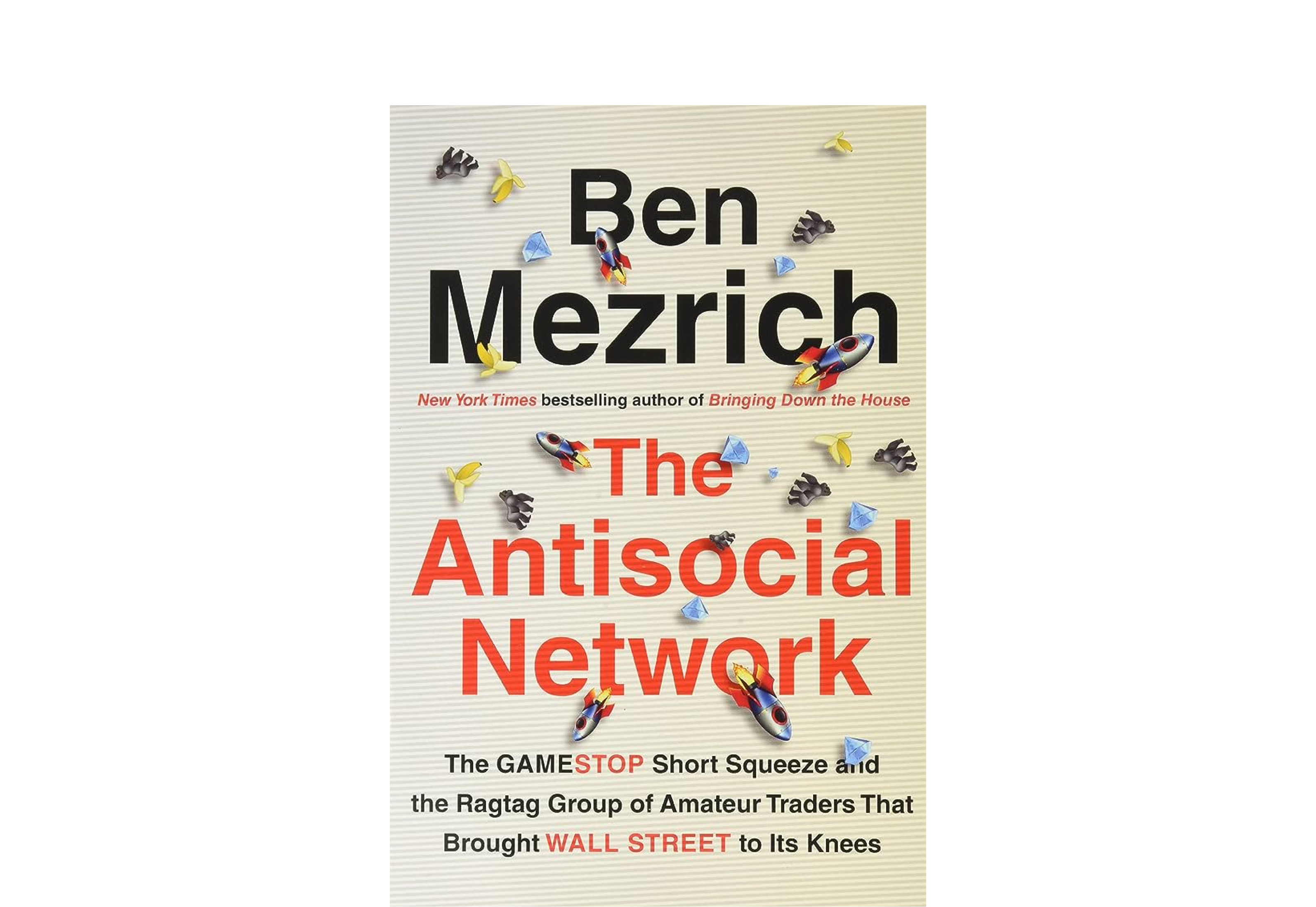
Remember when Reddit almost crashed the economy? No and I need to get out more? Pretty rude.
I loved that story when it happened, and have been thinking about the power of Reddit and digital communities a lot with the recent protests around Reddits API pricing. So when I saw there was a book on the infamous GameStop saga by the same person who wrote The Social Network (one of my favourite films), I instantly checked it out of the library. Also, sidenote, I got my first library card this year, so if you see me in person, give me a pat on the back for being such a cool and studious person please.
Anyways, this book didn’t really hit for me. It felt about 30-40% too long, and didn’t really delve strongly into the actual happenings of the GME short squeeze, with the timeline feeling woolly. Instead, the author went for personal stories of those in the story, which is commendable but for some reason these characters felt one-dimensional and a bit caricaturish, with little substance.
Good for an overview, but at one point the author uses the phrase “portal in to another world” to describe a laptop, so be warned.
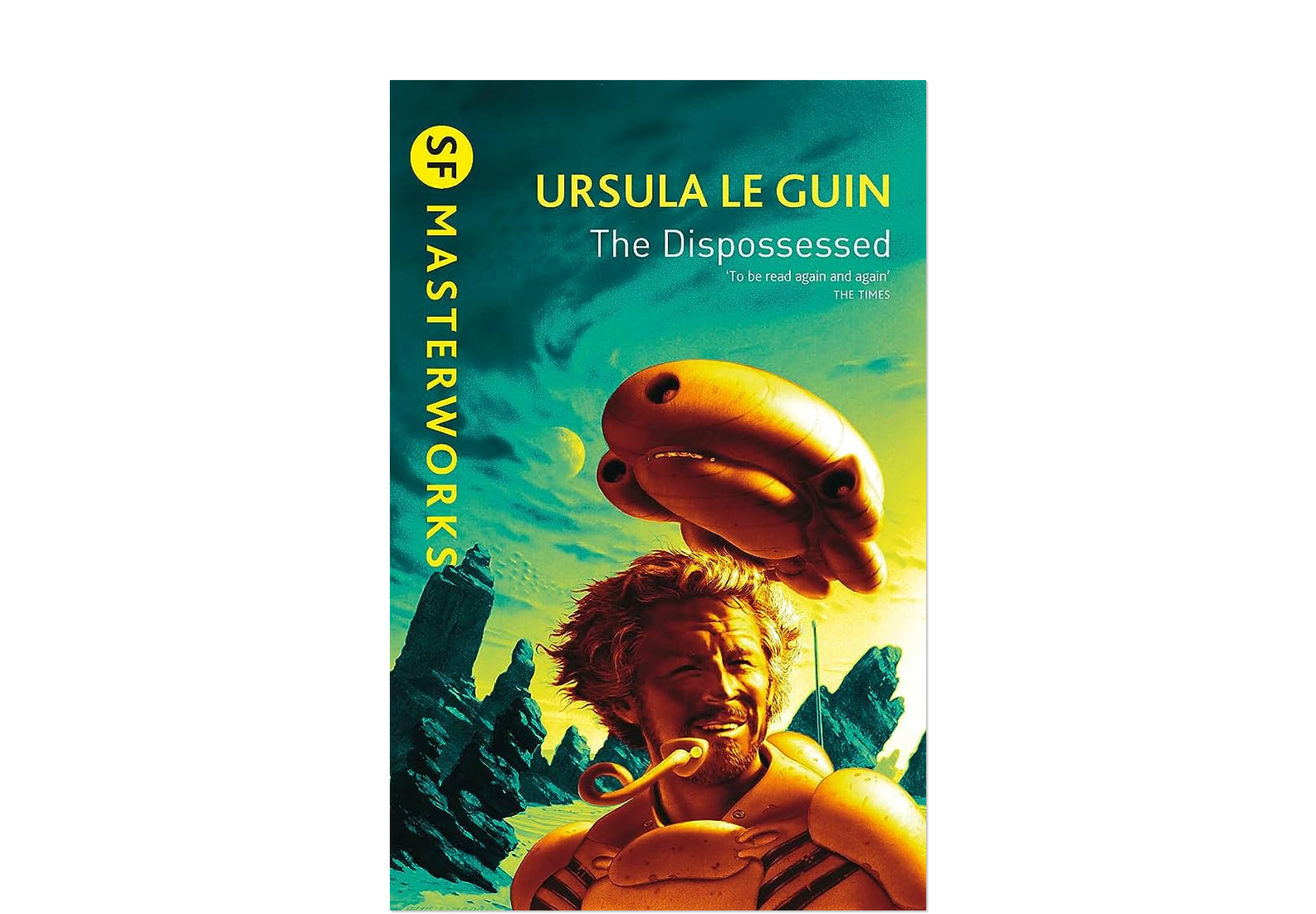
Oh.
My.
Word.
If the Left Hand of Darkness was me kicking the tires of becoming a Le Guin fan, The Dispossessed is me sewing myself into the driver seat and entering the Indy 500.
A sledgehammer of a book, it’s also part of the “Hainish cycle” which Left Hand of Darkness is part of, and this focuses on the twin worlds of Urras and Anarres.
Anarres is a colony of anarchists who left Urras roughly 200 years before the events of the book whilst Urras on the other hand is a traditional capitalist society, and the book's events cover a brilliant scientist called Shevek being the first Annaresti to go to Urras, to work on his groundbreaking theory that would make communication across the universe instantaneous.
Equally moving, liberating, depressing and uplifting, The Dispossessed is a maelstrom of themes focusing on individuality, utopia, power, justice and societal pressure.
This book changed my outlook on life, so if you see me on the streets of London trying to staple a book to the jackets of passersby, it’s most likely this one.
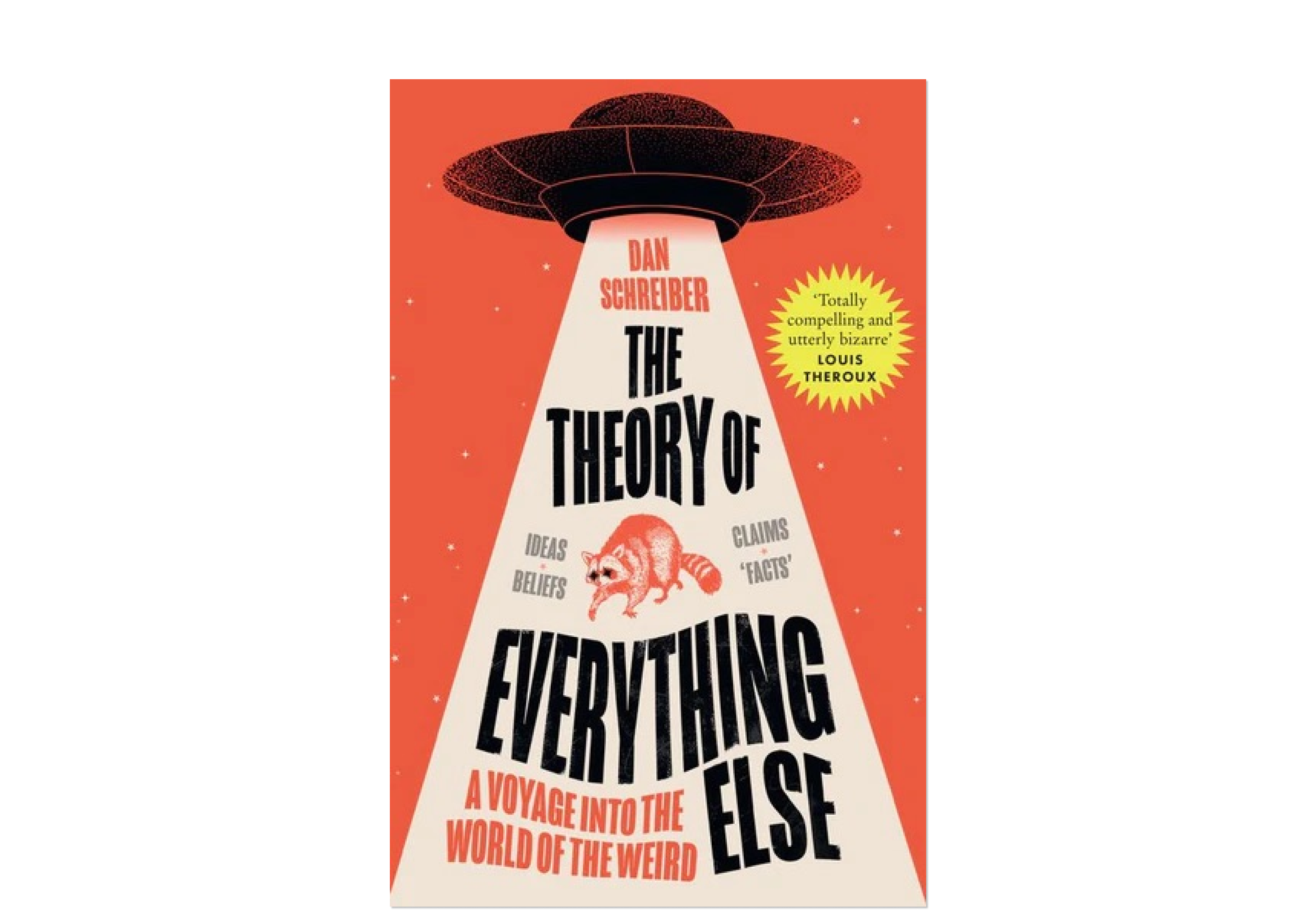
How do you know if Matt has a fun fact to share? Don't worry, he'll tell you.
I absolutely love weird science and have always felt an affinity for the weird and wonderful, probably stemming from the moment my mum told me I'm not a real person but a sentient collection of amoeba escaped from a local laboratory. That, or I just appreciate whimsy, you decide.
Anyways, back to the book. It really delivered on being a fun, light book filled with “batshit” eccentrics and theories that I chewed through in two days.
Definitely one I would recommend to someone to take their mind off the fact we’re living on a rapidly warming rock filled with sociopaths hurtling through space.
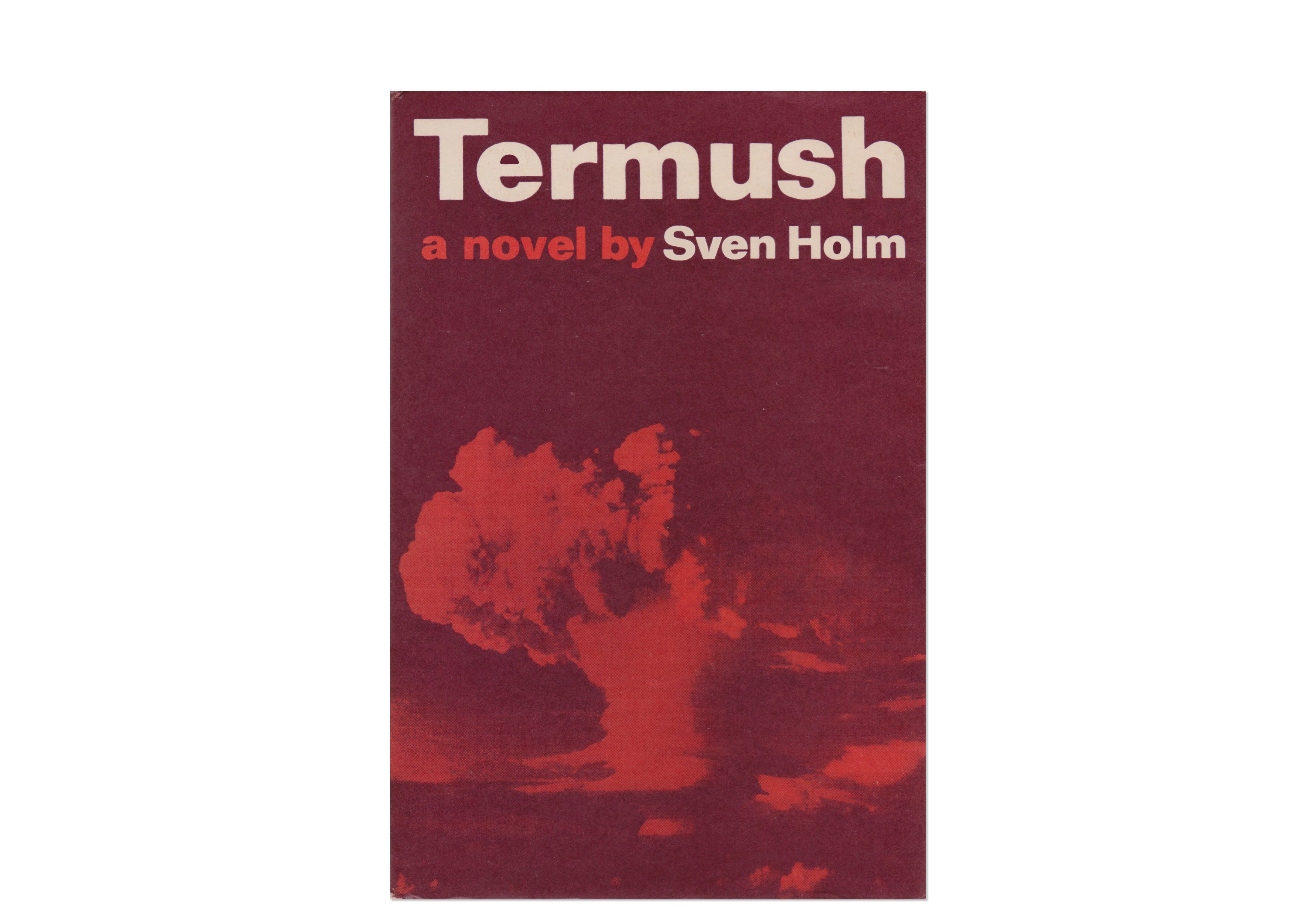
There needs to be a word for a piece of art that feels prescient for an event that hasn’t happened yet.
Termush is a short novel that is set after a barely-described nuclear apocalypse, that the wealthy residents of the Termush hotel are sheltered from due to the Termush’s status as the premium subscription-based prepper hotel.
I’ve not really felt an unease like I did reading this book before, it's probably the closest a book has come to making me feel sea sick. Despite it being written in 1967, it still hits like a tonne of bricks today due to the parallels with climate change, the pandemic and ironically enough, still nuclear war which we’ve been worried about for a solid 50 years as a species now.
Enjoy Oppenheimer, it could happen any day now!
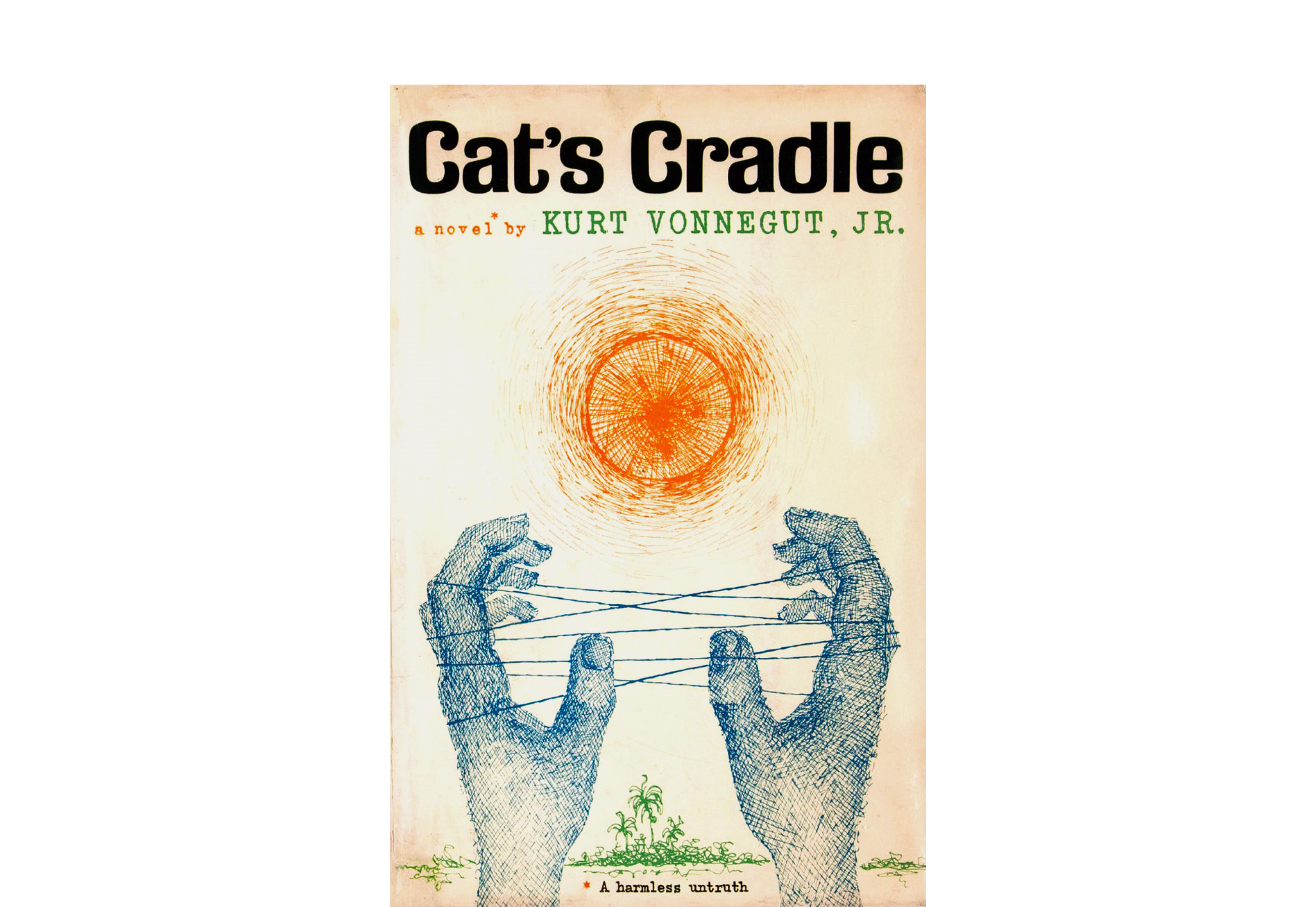
I’ve never read much Vonnegut, and I know he's one of historys greats, so I decided to delve in with one of his most famous novellas, depicting a narrator trying to write a book on the day the atomic bomb went off in Hiroshima (I had a real nuclear dystopia vibe going on at this point of the year didn’t I, WTF was that about).
However, the narrator never gets around to writing his book, as he falls into the metaphorical wormhole of researching “the father of the bomb” Felix Hoenikker, who also invented a weapon called Ice-Nine, which is capable of freezing the planet, following his children to the island of San Lorenzo to investigate more about the late Nobel prize winner and his deadly legacy.
This book is thoroughly sarcastic and satirical as it grapples with the idea that humanity is probably going to collapse itself through bravado and ignorance. Definitely going to check out more Vonnegut in the future as a result of this one, so if you have any recommendations, let me know!
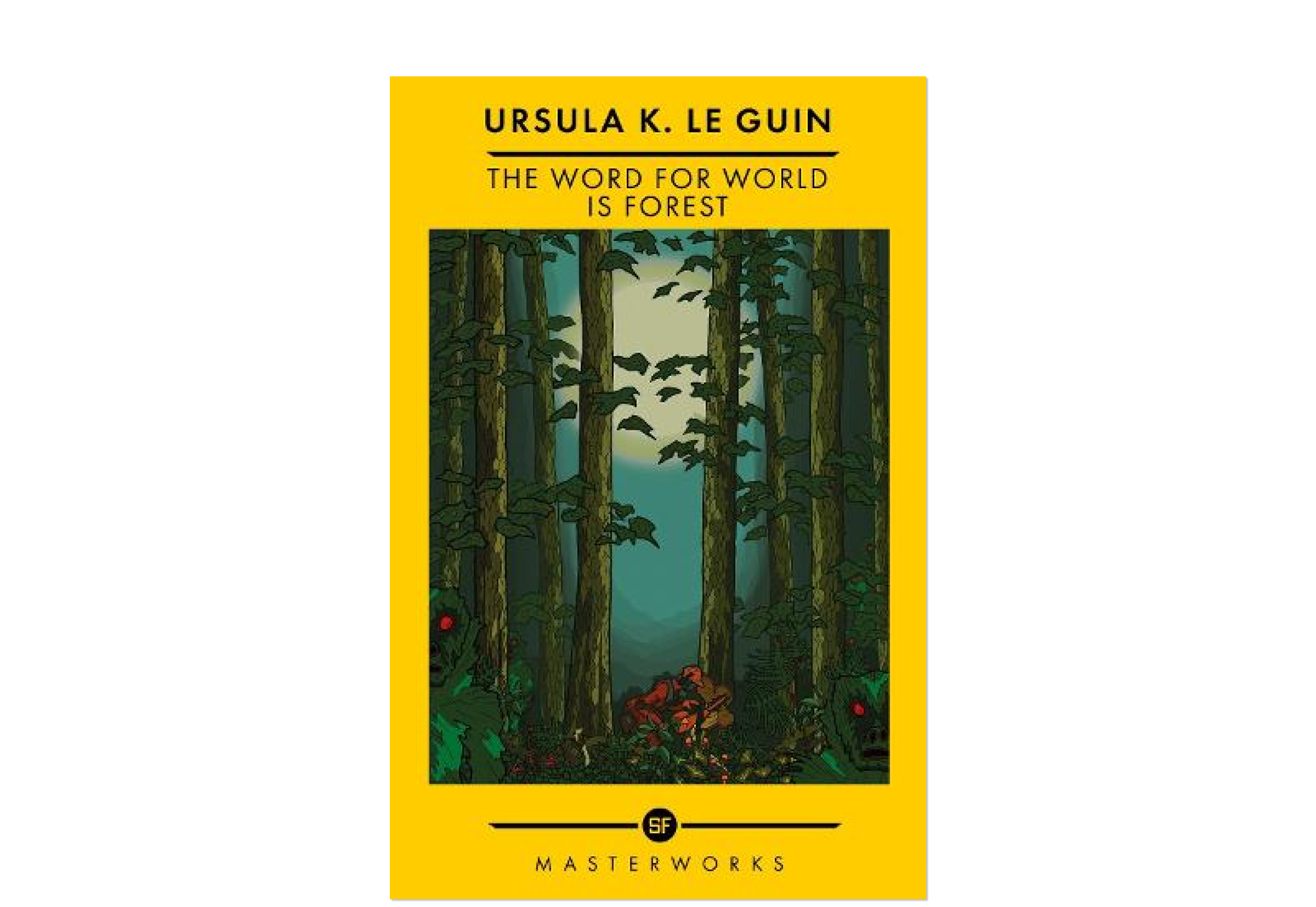
I’m not going to stop reading Ursula K. Le Guin books until I’m dead, I have decided.
The Word for World Is Forest is also set in the Hainish Cycle, and is a short story focused on a small planet called Athshe, where humans have established a logging colony to send wood back to an impoverished Earth subjugating the native Athseans along the way, whilst claiming they aren’t really sentient or as developed as humans so it’s, you know, fine.
Le Guin deftly addresses colonialism and the lasting effects thereof (something that bears repeating as western societies start their slow march to justification) whilst examining through the Athsean rebellion that once war starts, it's impossible to put that genie back in the bottle.
I’d highly recommend this book, but to be honest at this point I would probably recommend Le Guin as starting pitcher for the Atlanta Braves because I have loved everything she's touched.
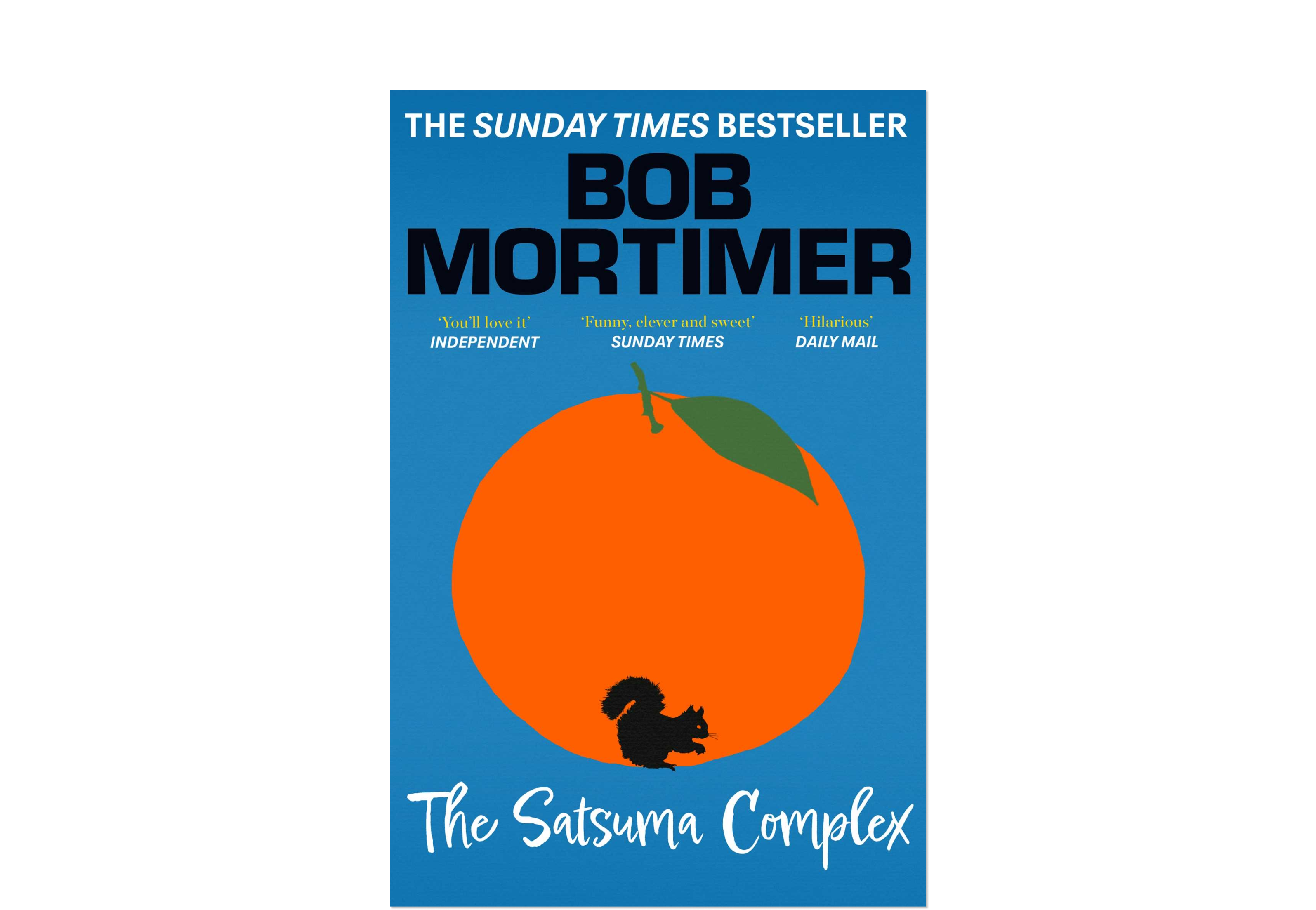
As much as I love deep, philosophical sci-fi, I also love little goofy guys who spread joy and tomfoolery.
And that’s exactly why I love Bob Mortimer and his irreverent sense of humour. So whilst perusing my favourite bookstore (check out Backstory in Balham if you are ever in South West London), I saw his debut novel and picked it up.
Following a standard issue British man named Gary, Satsuma Complex follows his quest to find a lady he briefly met in a pub. It quickly spirals into an intriguing and enjoyable kind of spy thriller/comedy, which was a unique genre twist I hadn’t really experienced before.
However, whilst fun, this book felt like a meal deal, satisfactory but not mind-blowing. It didn’t leave me with much to think about during the periods where I wasn’t reading it, which so many other books on this list did. I’ll definitely check out any more of Mortimer's writing however, as the humour obviously landed as he is a master of his craft, and I am sure the fiction-writing will only continue to improve.
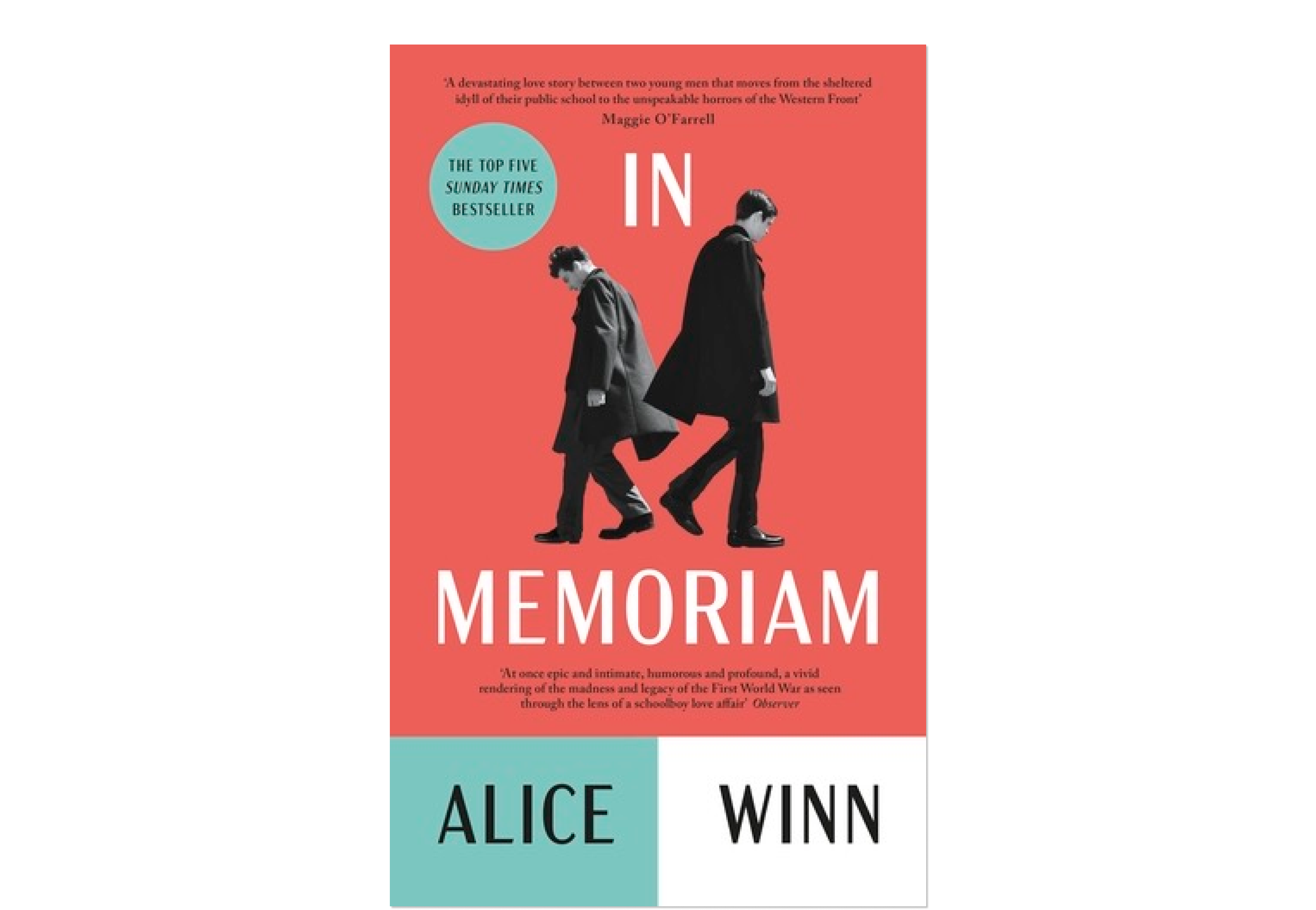
Another recommendation from my girlfriend as I am an amorphous blob of opionions and thoughts of people I am around rather than a real human being, In Memoriam is set during the horrors of World War 1, and follows two public schoolboys who are secretly in love with each other as they attempt to survive the trenches of France and Belgium whilst navigating their feelings, society’s oppression of homosexuality, the nature of war and class struggles along the way.
This book captivated me, and I spent most of my waking hours thinking about the main characters Ellwood and Gaunt. Hauntingly honest in its portrayal of war, it gave me an appreciation of my life and the sacrifices made by people as young as 15 over a hundred years ago.
Beautifully written and heart-rending, In Memoriam is a must-read for basically all book lovers.
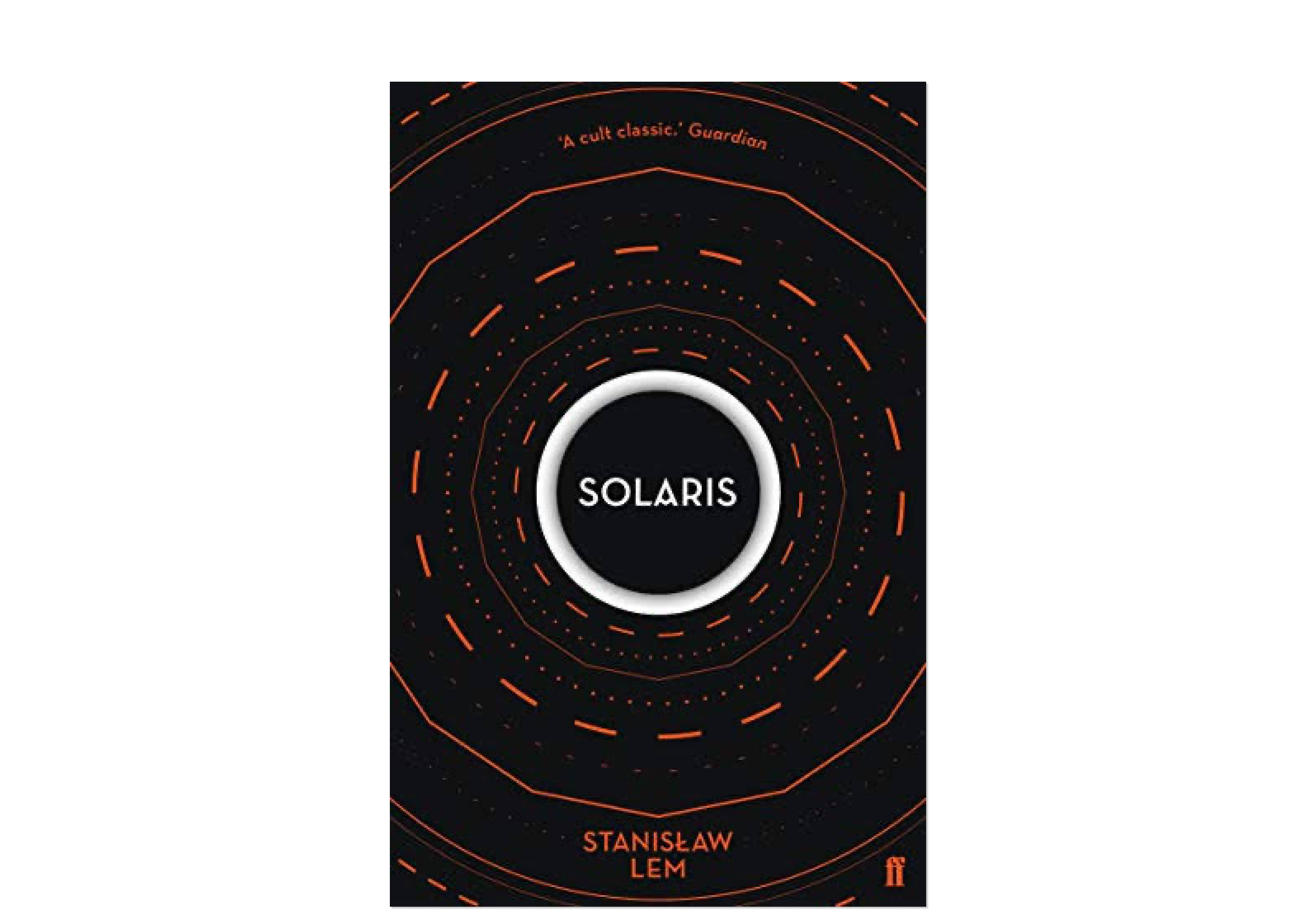
I know I slagged off Stanisław Lem’s Cyberiad earlier in this article, and for that I know I am probably going to have to do battle with his spirit in the afterlife, but I saw so many positive reviews for Solaris that I had to try it.
And I am so glad I did.
Set on a station orbiting the titular planet of Solaris, the book covers the residency of psychologist Kris Kelvin as he arrives to the station to study the only living inhabitant of Solaris, a giant, planet-wide ocean that itself is alive. Soon, he discovers that the inhabitants of the space station are being visited by what they call “simulacra” which are physical beings that resemble long lost loved ones, both physically and mentally. For Kelvin, his “visitor” is that of his dead wife.
The “ocean” on planet Solaris is by far my favourite alien in all of fiction. It is completely unknowable, undecipherable, inexorable and impenetrable. The human race in Solaris are dedicating hundreds of years into trying to make contact with this leviathan, but have still not got any closer to the vaulted goal of "Contact". And as for the simulacra, they provide an excellent mirror into which Lem questions what makes something alive, what constitutes humanity and what is the nature of love. Solaris left me with the same gaping, haunted feeling that the inhabitants of the space station felt when faced with an intelligence so completely unlike our own.
And there you have it! The 19 books I have read so far this year! If you have any recommendations for me, please feel free to drop them onto the web forum I built for this website, or reach out to me via DM as I am constantly looking for new books to check out!
Load comments
Comments
No comments yet, be the first!